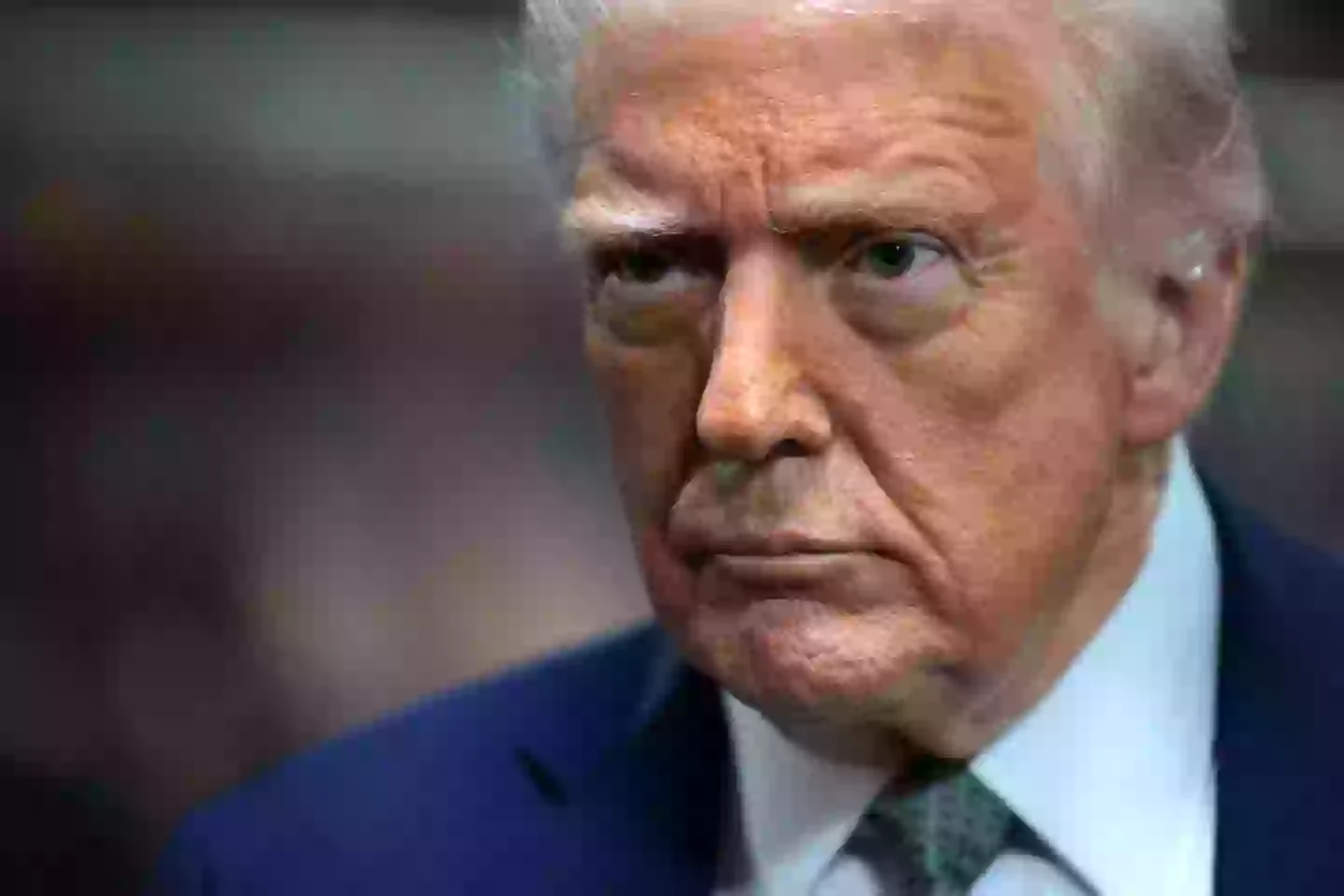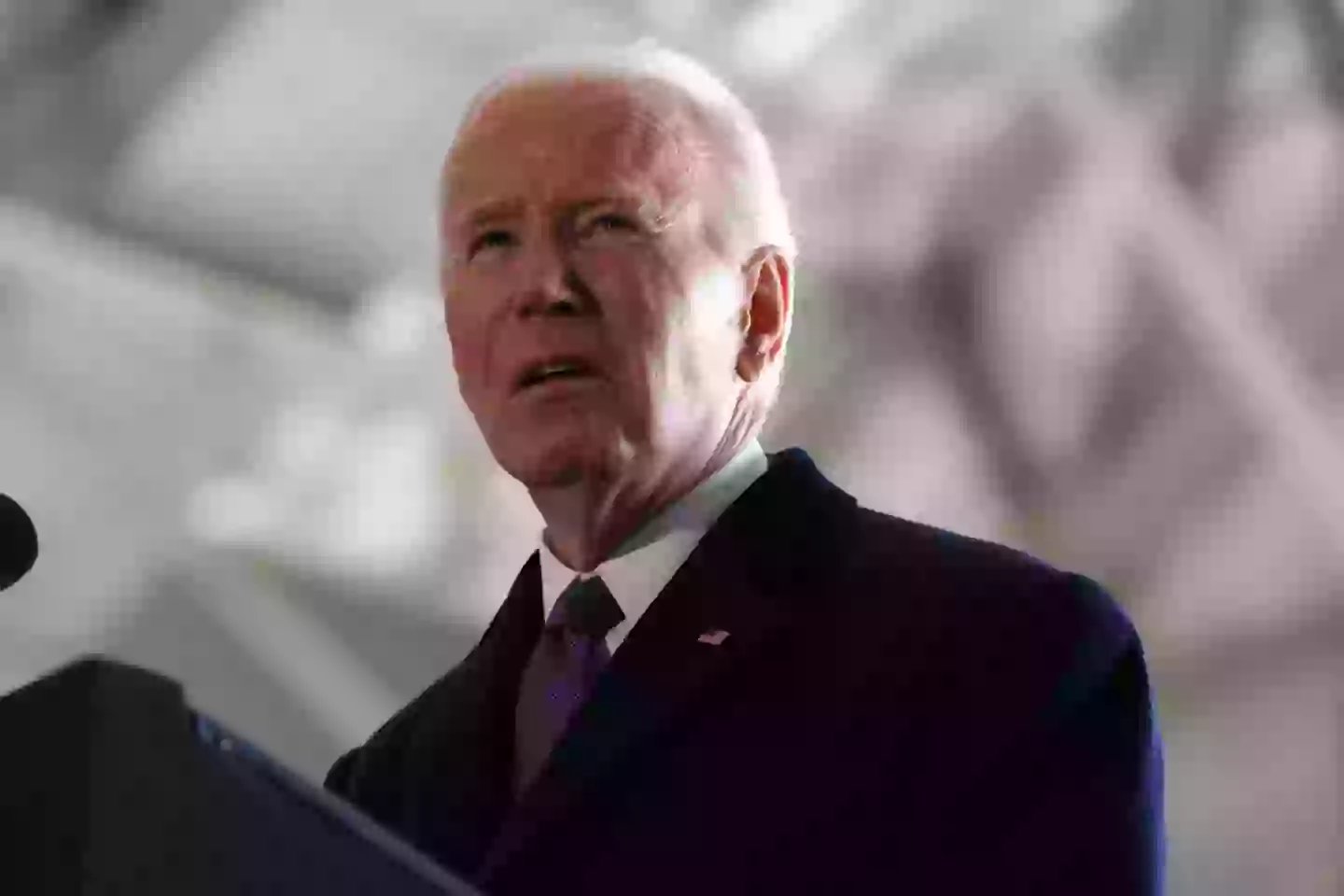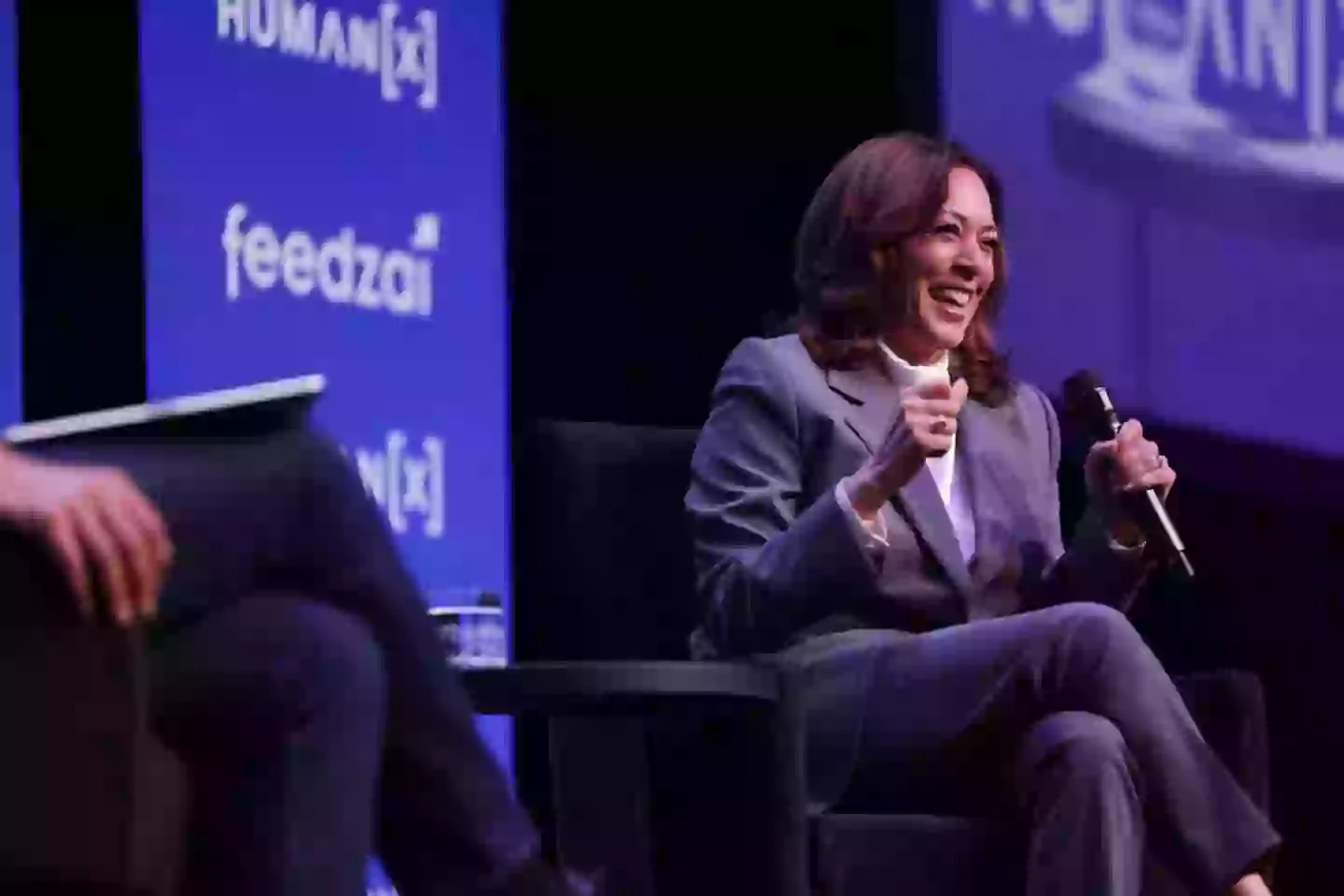The president said his decision is ‘in the national interest’
The president has officially revoked a major right from his predecessor, claiming he ‘can’t be trusted’.
In a bold and controversial move, Donald Trump signed off on a sweeping memo on Friday (March 21) revoking the security clearances of more than a dozen high-profile figures, citing concerns over ‘national interest.’
Among those stripped of access to daily intelligence briefings are former President Joe Biden and his entire family, former Vice President Kamala Harris, Hillary Clinton, as well as several attorneys and outspoken anti-Trump politicians.
This unprecedented decision marks yet another aggressive step by Trump to reshape the political landscape, intensifying the divide between his administration and key political opponents.

Donald Trump has shattered another political norm by revoking the security clearances of more than a dozen high-profile figures, including former President Joe Biden, his family, former Vice President Kamala Harris, and Hillary Clinton.
Historically, former presidents and senior officials have been granted access to classified intelligence briefings as a courtesy, allowing for continuity and collaboration on national security matters. However, in his Friday (March 21) memo, Trump dismissed this tradition, stating, “I have determined that it is no longer in the national interest for the following individuals to access classified information.”
Trump’s decision appears to be a direct response to Biden’s 2021 move to block him from intelligence briefings—a first in U.S. history. In February, Trump took to Truth Social to remind his supporters that Biden had “set this precedent” when he instructed the Intelligence Community (IC) to deny him access.
At the time, Biden justified the move by citing Trump’s “erratic behavior,” questioning, “What value is giving him an intelligence briefing? What impact does he have at all, other than the fact he might slip and say something?”
Now, with the tables turned, Trump’s retaliatory action intensifies the political feud between the two leaders, raising questions about the future of intelligence-sharing among past and present administrations.

Donald Trump has escalated his battle against political opponents by revoking the security clearances of more than a dozen prominent figures, including Joe Biden, his family, and key members of the former administration—claiming they “cannot be trusted with sensitive information.”
In his memo, Trump referenced an inquiry into Biden’s handling of classified documents, which described the 82-year-old as having “poor memory”—a detail Trump seized on to justify his decision.
But Biden isn’t the only one on Trump’s blacklist. The sweeping ban also targets former administration officials, including Secretary of State Antony Blinken, National Security Advisor Jake Sullivan, and Deputy Attorney General Lisa Monaco. Legal figures who have challenged Trump—such as Manhattan District Attorney Alvin Bragg and New York Attorney General Letitia James—have also been stripped of access.
Notably, anti-Trump Republicans Adam Kinzinger and Liz Cheney have been barred, along with key witnesses from Trump’s impeachment trials, including Alexander Vindman, Fiona Hill, and attorney Mark Zaid. Others on the list include Andrew Weissmann, the lead prosecutor in Robert Mueller’s Trump-Russia investigation, and Norman Eisen, who served as special counsel during the Democrat-led impeachment inquiry.
Trump’s decision to weaponize security clearances marks a dramatic shift in presidential power, further fueling tensions in Washington and signaling that his administration is taking a hardline approach against political adversaries.

In a sweeping directive, Donald Trump has ordered the immediate revocation of security clearances for more than a dozen political opponents, tightening his grip on access to classified intelligence.
“I hereby direct every executive department and agency head to take all additional action as necessary and consistent with existing law to revoke any active security clearances held by the aforementioned individuals and to immediately rescind their access to classified information,” Trump declared in his memo.
The order extends beyond classified briefings, barring those on the list from “unescorted access” to government facilities. Trump made it clear that they will no longer be allowed to attend high-level intelligence meetings, including the President’s Daily Brief, nor access any classified materials from members of the Intelligence Community.
Additionally, Trump’s memo goes a step further, targeting private entities that may have granted security clearances to individuals on the list. “The United States Government entity that granted the security clearance should inform the private entity that these individuals’ ability to access classified information has been revoked,” he stated.
With this unprecedented crackdown, Trump has sent a clear message—his administration is taking no chances when it comes to controlling classified intelligence, even if it means breaking long-standing political traditions.